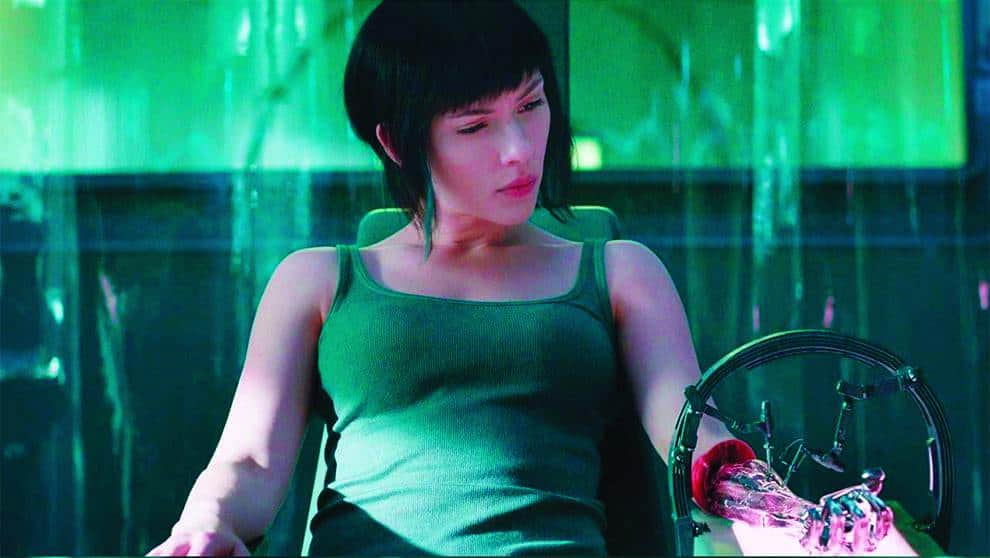No whitewashing to be seen here

author: brendan hill | technical editor

Credit: Denis Denis via flickr
Oh, and what a surprise, the lead character in this film adapted from the Japanese classic is decidedly Caucasian.
I don’t think it would be unfair to say that anime has had its fair share of whitewashed adaptations to the big screen. In 2008, the Wachowski siblings released Speed Racer. This film was immediately criticized for adapting the classic anime for a Western audience; replacing Japanese names and characters with their more Caucasian counterparts. M. Night Shyamalan’s 2010 The Last Airbender stars three white teens in roles designed to be Asian and Indigenous. In this almost funny example, there are Asian actors highly visible on-screen — they’re just all villains. This chain of events brings us to Ghost in the Shell, no doubt the most highly anticipated anime adaptation to come out of Hollywood in the last several years. Oh, and what a surprise, the lead character in this film adapted from the Japanese classic is decidedly Caucasian.
After years of watching white men and women dominate the big screen, this mere fact caused the Internet to explode in a fit of anger and rage. Calls of racism and misrepresentation against Scarlett Johansson and Paramount Pictures were everywhere, because the fact that a white woman is playing Motoko Kusanagi, a woman with a Japanese name. There’s just one problem with these outcries: Motoko Kusanagi, at least as she is in the anime and manga isn’t necessarily Japanese.
“The Major,” as Kusanagi’s known as in the film, is of unknown origin in the story and her body is entirely cybernetic. This technology means she could have any look she wanted for her. Her “shell” doesn’t need to look Japanese or Asian at all. This is important because throughout the Major’s history in the anime and manga her appearance has purposefully been ethnically neutral. Furthermore, there isn’t anything inherently Japanese behind the themes of the Ghost in the Shell story, and much of the reason for its success as a cult classic comes from the flexibility it has on adaptation.
It seems that most of the anger regarding Ghost in the Shell is coming from outside of the anime community and much of the coverage I’ve seen is coming from people who don’t appear to have even seen a Ghost in the Shell adaption. As a fan of the medium and of Ghost in the Shell, I feel that much of the whitewashing accusations put forward against the show miss the point of the story and demonstrate the need for modern news media to manufacture controversy where there is none.
Anime is a great medium, and I think it deserves more adaptations in Hollywood. That said, anime adaptations don’t have an excellent track record in the box office and attaching Scarlett Johansson’s name to the production at least gives it a chance at succeeding. Watching a bunch of journalists who are suddenly experts in movie casting necessarily cry wolf on this adaptation leaves a bitter taste in my mouth. I understand that whitewashing has plagued Hollywood for decades and is a problem with all sorts of productions. That said, Ghost in the Shell at least deserves a chance, and I certainly don’t think there’s an issue of whitewashing in the film.
Ghost in the Shell has just recently been released at the end of March. Be sure to catch the film in theaters while it’s still there. If that peaks your interest, I highly recommend the 1995 original anime film which explores the much more philosophical side of the cyberpunk setting.







